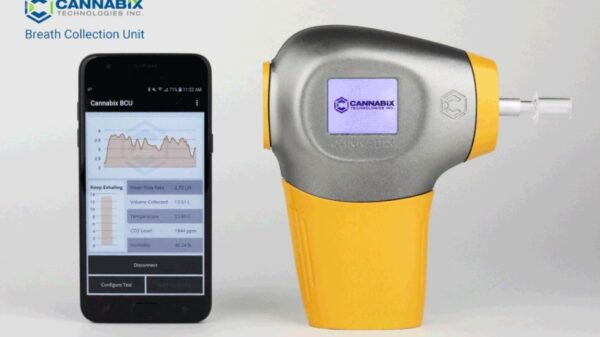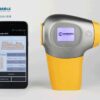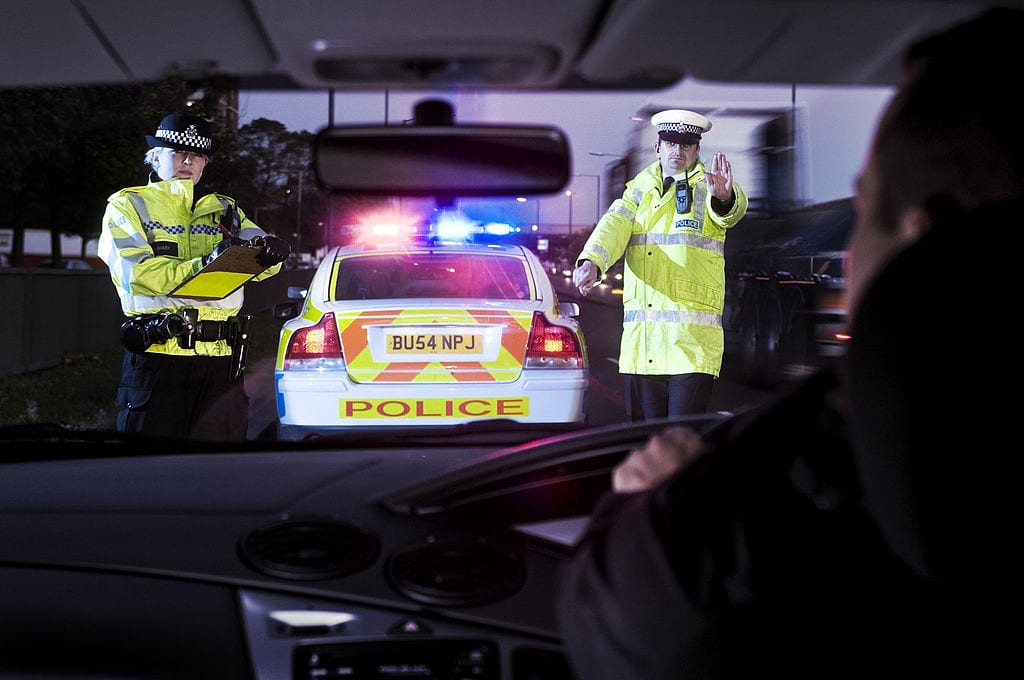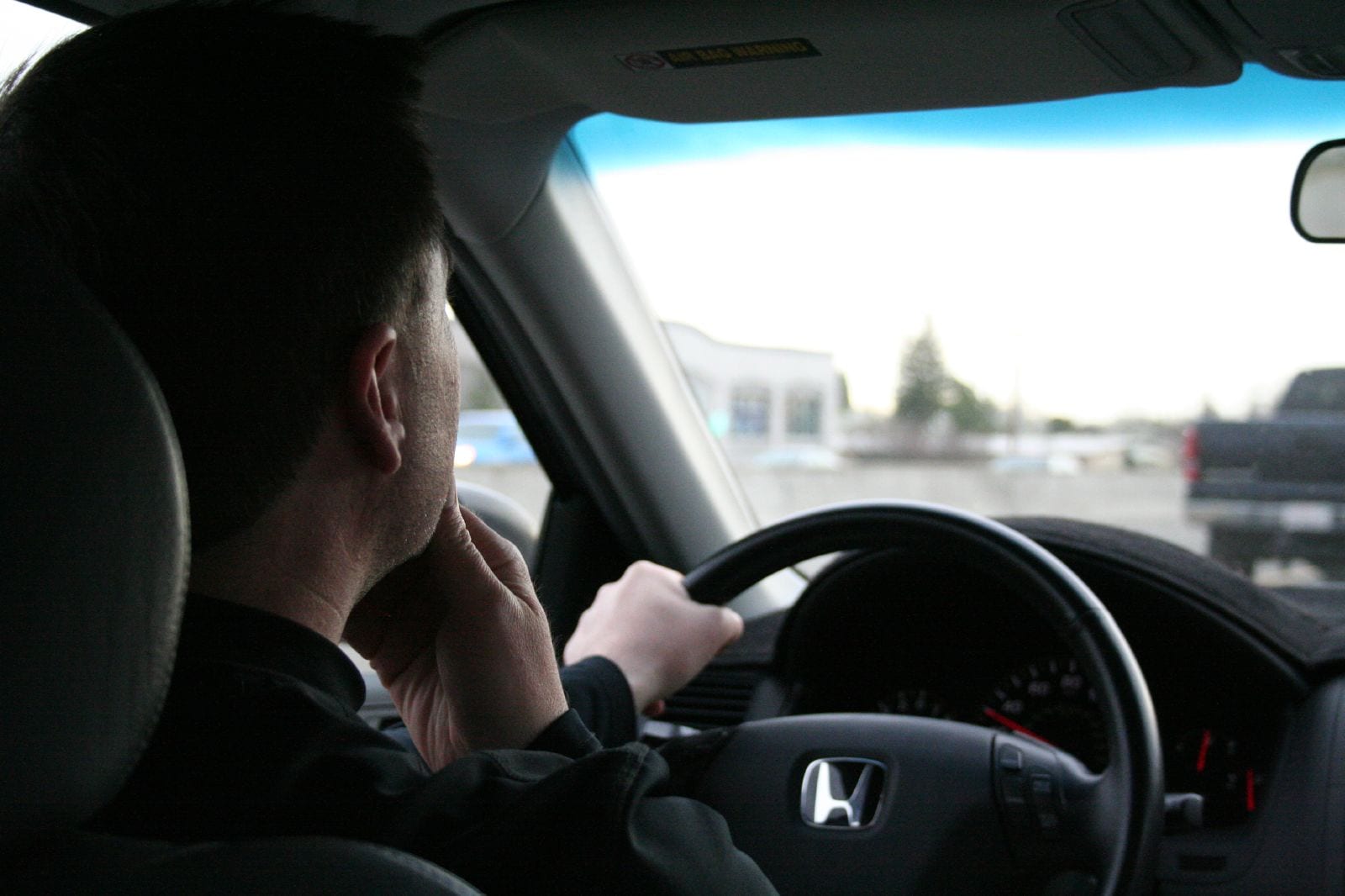A Canadian developer of cannabis breathalyzers has been granted its third patent in North America for a device meant to be used road-side by law enforcement and employers to check if a person is high.
On Tuesday, Cannabix Technologies Inc. (CSE: BLO) announced that the United States Patent and Trademark Office (USPTO) granted it a patent called Apparatus and Methods for Detection of Molecules or patent No. 17/019728.
The new patent is centered on updates to its Cannabix Marijuana Breathalyzer technology called field asymmetric waveform ion mobility spectrometry or FAIMS that identifies different molecules from gas, in this case, THC in a person’s breath.
“This patent is the culmination of research and development work conducted by Cannabix scientists and engineers in the areas of ion mobility spectrometry, non-volatile molecule sampling and fluid dynamics.,” reads a statement.
In January, Cannabix was granted its first patent from the USPTO called Cannabis Drug Detection Device or patent No. 14/689434. And in June it was granted a patent under the same name from the Canadian Intellectual Property Office, No. 2887841.
Cannabix started a beta testing program at Alipour Medical Centre in California earlier in the year, and said the pilot expanded to a clinic in the U.S. Northwest in June.
Company stock rose by 4 per cent on Tuesday to $0.95 on the Canadian Securities Exchange.
Read more: Cannabix vies to be first to capitalize on difficult cannabis impairment market
Read more: Stoners drive less impaired than doobie newbies
Legal experts have expressed skepticism on the efficacy of devices that test impairment via THC detection in the body, but in previous interviews Cannabix CEO Rav Mlait told Mugglehead breath is a better indicator of impairment than saliva, blood or urine.
That’s because THC remains in the breath for only one to three hours, he says, whereas it can remain in other bodily fluids for days or weeks after consumption.
Previous studies on driving impairment and cannabis show that, on average, a person is impaired for five hours after smoking a joint but it depends on the person’s experience with weed.
Read more: Cannabix announces new THC breathalyzer milestone, DUI lawyer skeptical
Read more: This headset measures brainwaves to tell if you’re high or not
Cannabix isn’t the only company looking to benefit from impairment testing.
Devices such as Predictmedix, developed by Cultivar Holdings (CSE:CULT) uses facial and voice recognition to detect impairment.
Canadian neurotechnology company Zentrela Inc. has developed the Cognalyzer, a device that measures the brain’s electrical activity to tell if a person is high.
Follow Natalia Buendia Calvillo on Twitter
natalia@mugglehead.com












